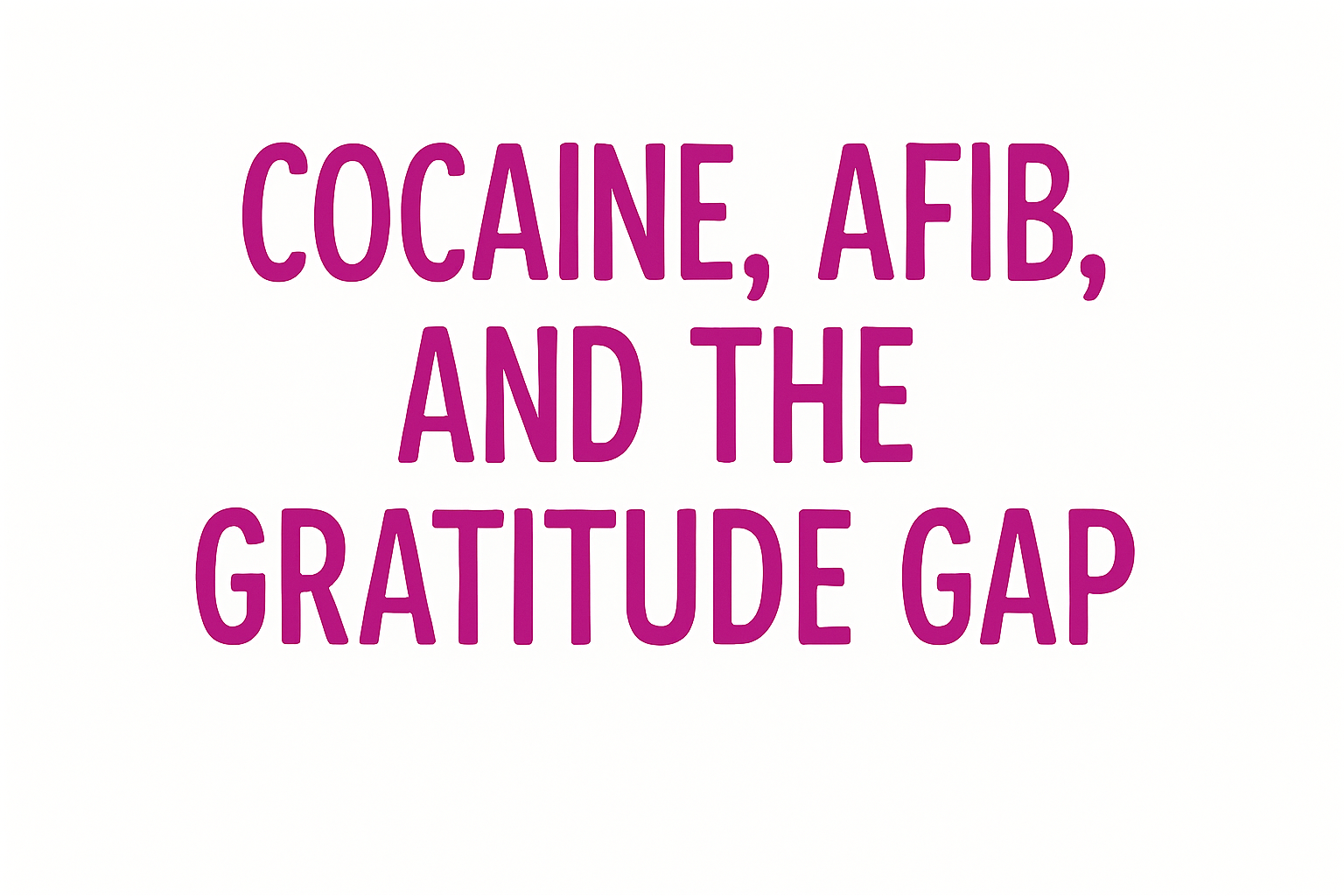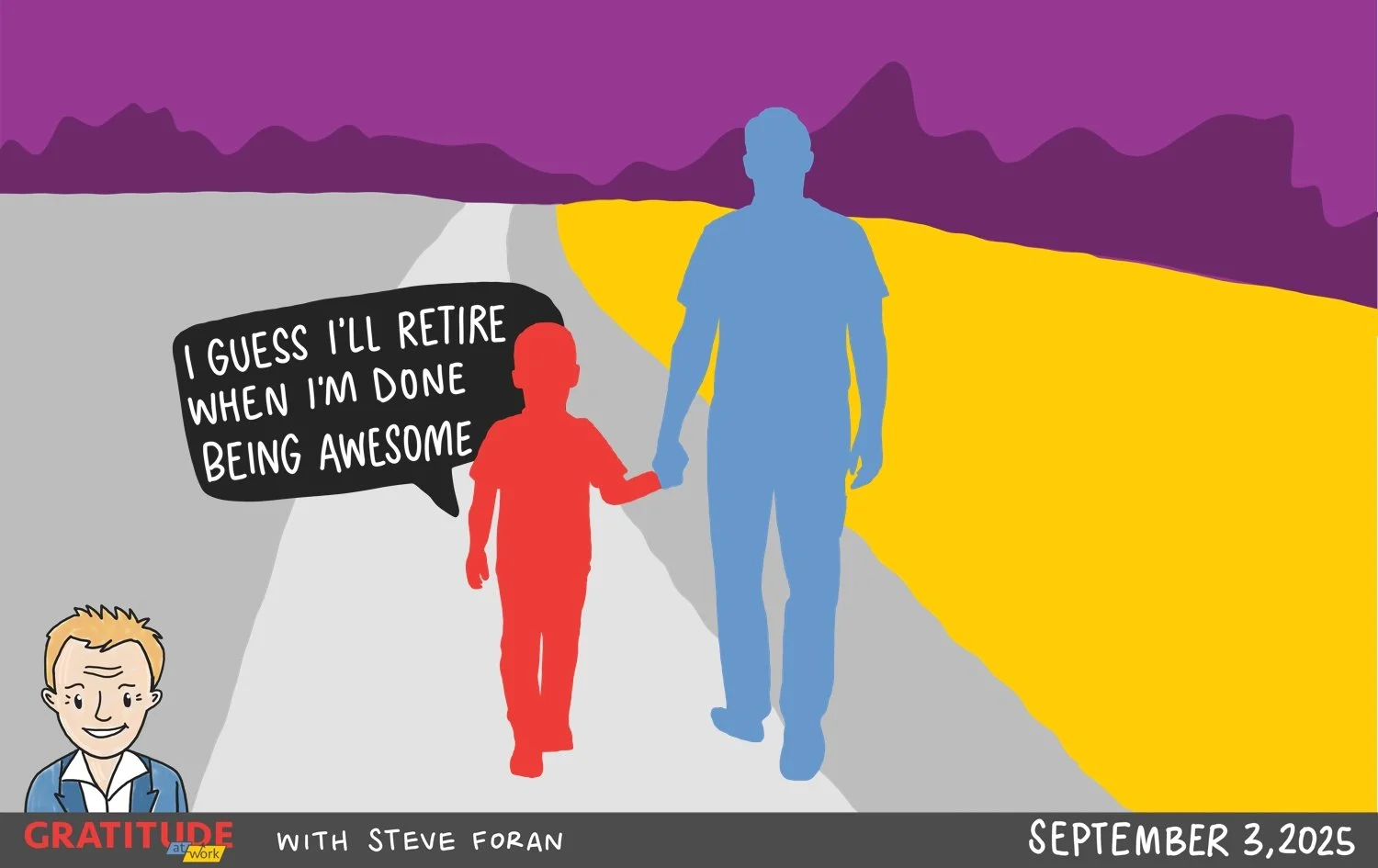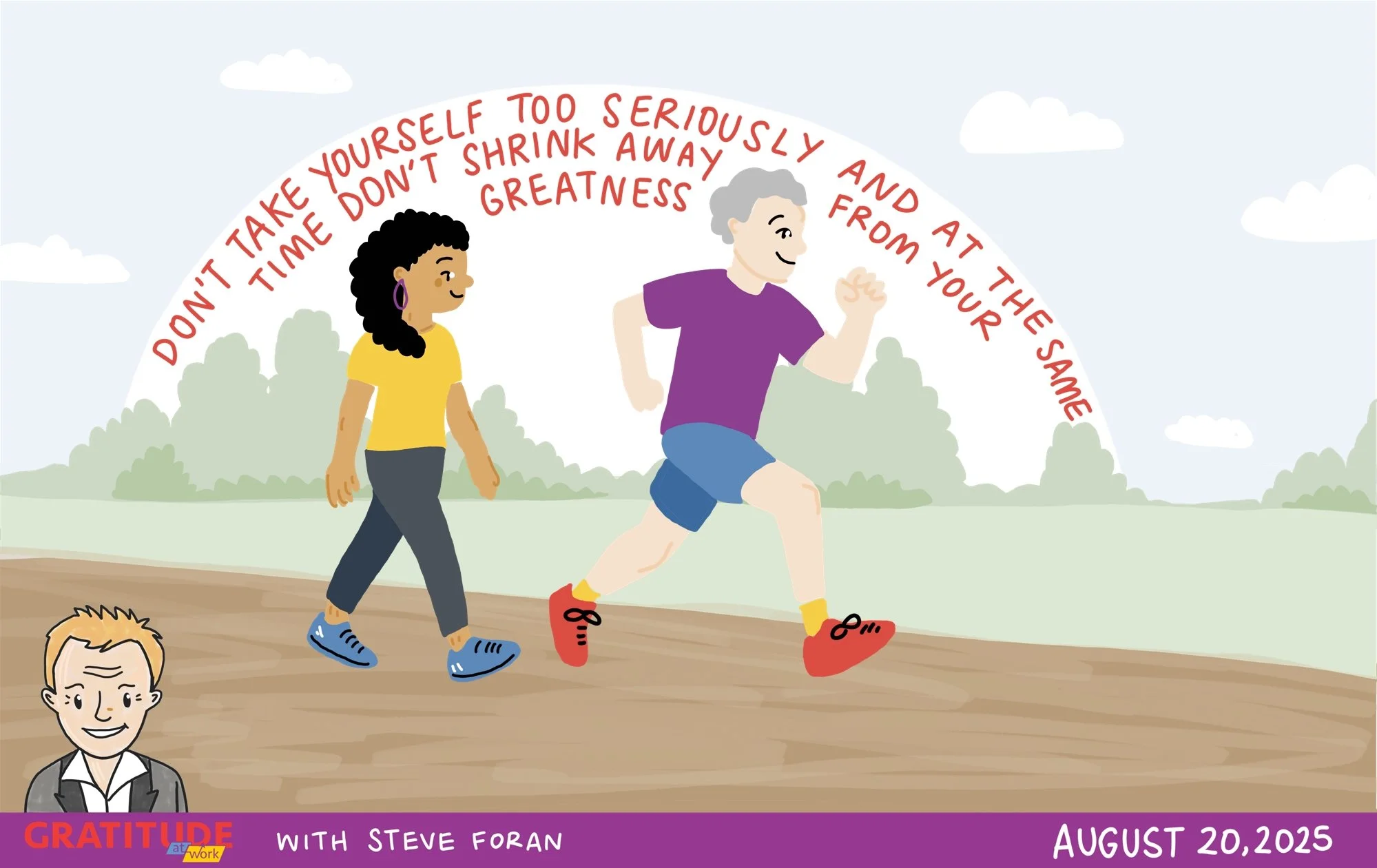Overcoming Vantage Point Bias
If you recall from the post on April 19, Vantage Point Bias influences the way you experience gratitude. This bias is derived from your unique vantage point and is a reflection of the music you listen to, the type of work that brings you joy, the movies you watch, the food you eat, the people you hangout with, the leisure activities you enjoy—it is a reflection of everything that is your life ! Vantage Point Bias defines your sense of normality. The thing is—what is normal to you is not necessarily normal to everyone else—and this is easy to forget—especially in the moment.
There is nothing inherently wrong with Vantage Point Bias, unless of course, you’re unaware of your bias. In particular, there are three dangers of being oblivious to your Vantage Point Bias, even temporarily, which will inhibit your effectiveness as a leader and your ability to influence. The three pitfalls of being unaware of your Vantage Point Bias are:
less happiness due to an increased likelihood of taking your life situation for granted which curates an absence of gratitude and a tendency to see the grass as greener elsewhere
coming across as self absorbed and insensitive to other people’s situations which hinders your ability to build relationships
being perceived as presumptuous or judgemental which is anything but inspiring
When you are fully aware of your Vantage Point Bias (i.e. your normal life situation) you are:
more readily able to appreciate your life for what it is versus what it isn’t—and experience greater happiness
more empathetic to the situations of others and—and be more trustworthy and influential
less likely to find yourself comparing yourself and your life against that of other people—and get off the treadmill of comparison
You know your normal life situation better than anyone else, so it may come as a bit of a surprise—knowing is not enough because it is easy to forget. You are not alone if you have taken for granted a parent, a spouse or partner or a friend ?
Therefore, you need a practice where you regularly reflect on your life situation to continually clarify your perspective on your life. Here are few gratitude practices that will help you do just this:
continually calibrate your perspective by reading other people’s gratitudes—get on The Daily Gratitudes (over here).
when you find yourself comparing—ask yourself “What am I grateful for about my situation ?”
when you record or share your gratitudes—regularly do so in terms of the people who’ve helped you or the sacrifices that others have made (an example of this might be—I am grateful you shared this blog post because you put your social capital on the line for me).
What tips do you have to cultivate awareness of your Vantage Point Bias ?















